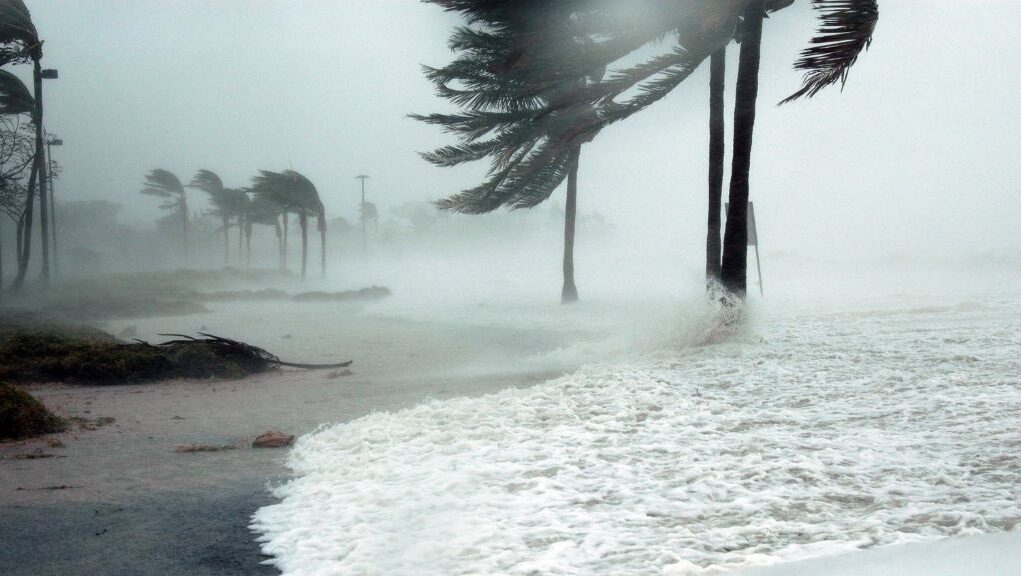The Caribbean is set to benefit from a suite of reforms to international financing announced by the World Bank Group. Ajay Bango, the new President of the Group announced what he termed as an expanded toolkit for crisis preparedness, response, and recovery, at the recently held Summit for a New Global Financial Pact in Paris, France.
These measures include pausing debt repayments, redirecting financing, linking crisis preparedness and financing, backstopping development projects with private sector support, and building enhanced catastrophe insurance without debt.
“The World Bank Group aims to create a world free of poverty on a liveable planet. We work to make people better prepared for threats of any kind by sharing our expertise, building resilience, and insuring against risks,” said the bank in a statement.
The introduction of Climate Resilient Debt Clauses will pause debt repayments of vulnerable countries in times of crisis or catastrophe to allow them “to focus on meeting the urgent needs of their people instead of on loan repayments”. The Bank will also allow countries to quickly redirect borrowed funds to emergency response.
“The World Bank Group will put in place a new rapid response option, offering all client countries the ability to immediately repurpose a portion of their lending portfolio for emergency needs when a crisis occurs – for example to redeploy undisbursed funds in longer-term infrastructure projects for immediate disaster response,” announced the international institution.
Pledging to step up the expertise and analytical support available to countries to design a crisis preparedness and response financing strategy, the bank said it aims to leverage its different operating arms to “backstop” development projects.
“The Multilateral Investment Guarantee Agency is partnering with the private insurance industry through the Insurance Development Forum, a public-private partnership, to design an innovative parametric insurance product, and the International Finance Corporation has designed a private sector-led crisis response solution to support financial institutions in addressing the impact of natural disasters due to climate change,” the Group revealed.
Another potentially important element of the toolkit relates to the possibility of enhanced catastrophe insurance. The bank said it aims to build on its catastrophe insurance solutions such as Cat Bonds and give all countries the option of embedding catastrophe insurance into lending products. Additionally, there are plans to work with donors to ensure that these insurance products are affordable to the poorest countries.
Outside of the World Bank toolkit, the summit also had other areas of progress that will potentially benefit the Caribbean. For example, four other multi-development banks have agreed to incorporate natural disaster clauses into their loan agreements, so too has several large economies which lend to other countries.
IMF Managing Director, Kristalina Georgieva reported that it has met its US$100bn of re-channelled excess Special Drawing Rights (SDR) allocated in 2021 to help developing and lower income countries.
“The target for such rechannelling was set at US$100bn. And I can announce today that we reached that target. Now, we must lift our ambition. On SDR channelling, we started with a request for countries to channel 20% of their 2021 allocation. Then we went to 30%. And now we are moving to an ask of 40%.
Today we have close to US$60bn in pledges to be channelled through the Resilience and Sustainability Trust (RST) and through the Poverty Reduction and Growth Trust (PRGT),” said Georgieva at the summit.
These measures represent a win for developing countries including those in the Caribbean and will galvanise the efforts of Barbados Prime Minister Mia Mottley as she continues to push her Bridgetown Initiative for global financial reform on the world stage.
“Global problems like the climate crisis show us that we simply cannot address modern issues with institutions, which were created for a very different world nearly 80 years ago. Change is needed… Don’t leave Paris without understanding there must be transformation, not reform. Step up the pace and let’s get going,” said Prime Minister Mottley as she addressed over 50 world leaders and hundreds of stakeholders at the Paris summit.











